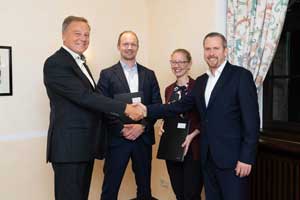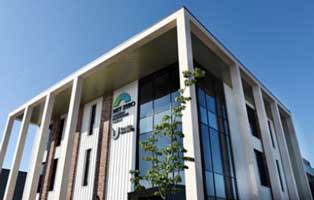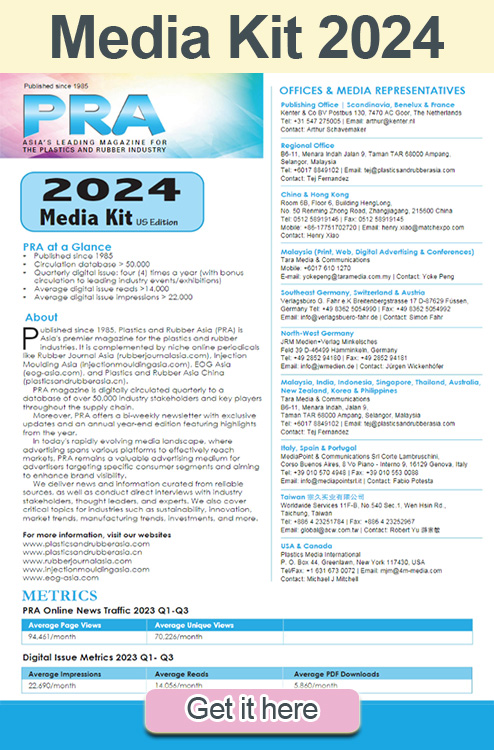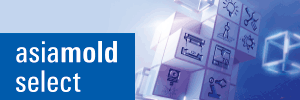Recycling EV batteries: BASF/Stena Recycling partner for EV batteries in Europe; UK university/Altilium to set up battery recycling plant in UK

Chemical firm BASF, which is also a global battery materials producer and battery recycler, and Stena Recycling, which offers solutions in recycling and circular services, have entered into a black mass purchase agreement.
This agreement is part of a broader collaboration envisaged by BASF and Stena Recycling with the goal of setting up a battery recycling value chain for the European electric vehicle (EV) battery market.
The focus of the co-operation will be on developing improved black mass production processes to achieve high recovery rates for metals such as lithium, nickel, and cobalt to support closed loop solutions for the European EV battery market.
Collection, assessment, and pre-treatment of end-of-life lithium-ion batteries, followed by black mass production are the first steps in the battery recycling process. Black mass is produced by mechanical treatment of end-of-life lithium-ion batteries and battery production scrap. In a second step, valuable metals, such as lithium, nickel, cobalt and manganese, in the black mass can be chemically recovered.
Following the collection of end-of-life lithium-ion batteries and battery production scrap, and the production of black mass by Stena Recycling in Halmstad, the black mass will be further processed in BASF’s prototype metal refinery in Schwarzheide.
Stena Recycling and BASF aim to transfer such a model into BASF’s planned commercial scale battery recycling metal refinery in Europe.
The use of recycled metals in the production of new batteries reduces a battery’s carbon footprint significantly.
Battery producers and electric vehicle manufacturers in Europe can choose from a range of services. Under this collaboration, Stena Recycling will be responsible for collection of end-of-life lithium-ion batteries and battery production scrap, dismantling and discharging, as well as the black mass production. BASF will recover valuable metals from black mass and can produce new cathode active materials for new lithium-ion batteries.
“By entering into a co-operation with Stena Recycling, we are strengthening BASF’s ability to offer a broadened battery collection network with a strong partner in the Scandinavian countries so that we can expand our offer for individual and closed loop solutions to battery producers and electric vehicle manufacturers in Europe,” said Dr. Daniel Schönfelder, President of BASF’s Catalysts division, who is also responsible for the company’s battery materials and battery recycling business. “This is an important step towards a circular economy for the European electric vehicle battery market.”

In other news, UK’s Teesside University is supporting the development of the UK’s first circular economy for EV batteries in partnership with a leading clean technology firm.
The collaboration between the University and Altilium will support the design of a commercial scale battery processing and black mass production plant on Teesside, which will be capable of processing over 100,000 EV batteries/year once complete.
The £750,000 project has been supported with a grant of almost £560,000 from Tees Valley Launchpad, a collaborative research and development fund established by Innovate UK, part of UK Research and Innovation.
The energy-efficient production of black mass is the first step in the battery recycling process.
Using its proprietary recycling technology, Altilium can recover over 95% of these battery metals to produce battery-ready cathode active material (CAM).
The planned commercial scale black mass plant will provide feedstock to Altilium’s battery recycling and CAM production hub in Teesside, one of the largest green investments in the region.
Altilium will work alongside academics from Teesside University’s Net Zero Industry Innovation Centre on the design and delivery of the black mass plant.
Professor Michael Short, Acting Associate Dean (Research and Innovation) in the School of Science, Engineering & Digital Technologies, is the principal investigator on the project.
He said: “As a University which is committed to responding to the climate emergency through the adoption of smart and green technologies we are delighted to be able to support Altilium with our expertise on this project.
“Decarbonisation of transportation is a key enabler of the drive to net zero, and the battery recycling plant is destined to have a huge impact on the UK’s rapidly expanding electrical vehicle (EV) and battery production infrastructure. This project will help to establish the Tees Valley as a national hub for sustainable battery technology, and the wider North East as a national hub for sustainable EV manufacturing.”
Altilium is currently the only company in the UK recovering critical battery metals from black mass. The company’s advanced hydrometallurgical recycling processes result in a 50% reduction in carbon emissions compared to the use of virgin materials in battery production, and 20% lower costs, paving the way for more affordable and accessible electric vehicles.
Altilium’s full battery circularity model will be a unique customer offering in the UK, encompassing zero carbon EV battery collection, black mass recycling and chemical refining. The company’s Teesside CAM production plant will have capacity to produce 30,000 MT of battery-ready CAM per year. This equates to 20% of the UK’s requirements by 2030.
It will also help support the Government’s new battery strategy which was launched last month (November) and outlines how the UK can establish a globally competitive battery supply chain that supports economic prosperity and the transition to net zero by 2030.
(IMA)Subscribe to Get the Latest Updates from IMA Please click here
©2024 Injection Moulding Asia. All rights reserved.















